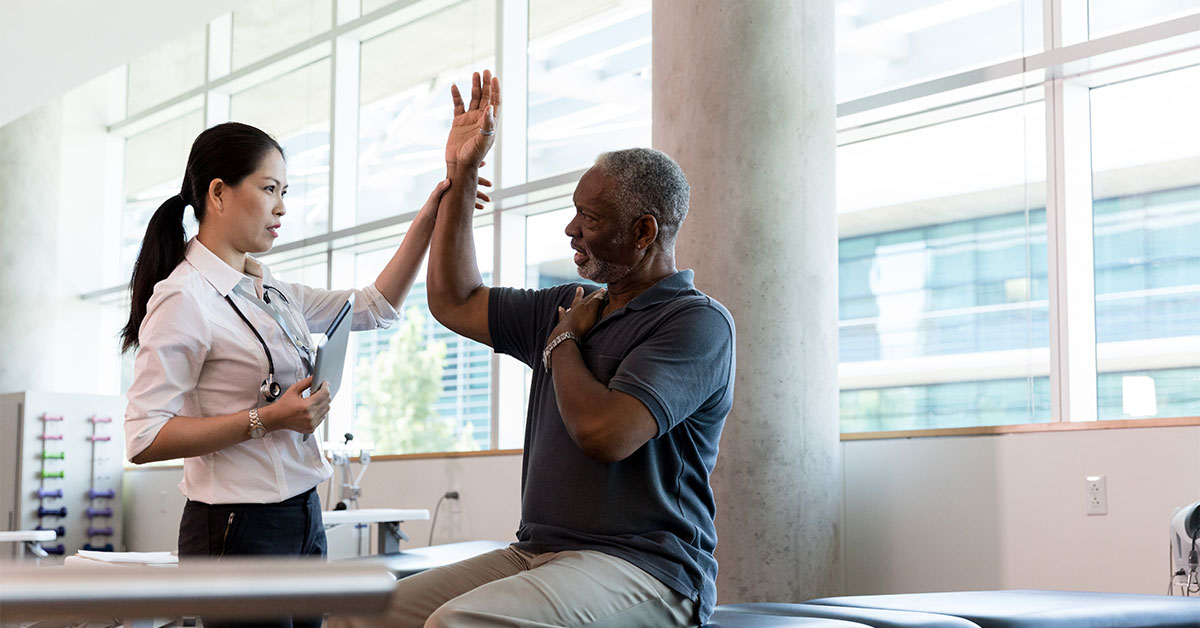Enabling Patients Via Psychological Assistance within Cardiopulmonary Recovery Initiatives.
Wiki Article
Cardiopulmonary rehabilitation programs are designed to help individuals with heart and lung issues enhance their well-being and standard of living. These programs often include exercise activity, instruction about cardiac and pulmonary health, and support for implementing lifestyle choices modifications. However, one important aspect that is occasionally neglected is the role of emotional support. Psychosocial assistance refers to the psychological and social help that patients receive during their recovery process. This support can empower individuals, enhance their self-esteem, and help them navigate the obstacles that arise with long-term medical conditions.

Patients in cardiopulmonary rehabilitation frequently face various psychological and psychological difficulties. Feelings of anxiety, depression, and loneliness can be prevalent. These emotions may stem from the stress of dealing with a significant health condition or the concern of future health issues. Emotional support can help address these emotions by providing patients with a secure space to discuss about their worries and connect with others who comprehend what they are experiencing through. Collective therapy sessions and individual counseling can be effective ways to facilitate this assistance. By interacting with professionals and peers, patients can acquire coping strategies and find encouragement from peers who share similar challenges.
Incorporating emotional support into cardiac and pulmonary rehab programs can lead to better medical outcomes for individuals. Research indicate that when patients receive psychosocial assistance, they are more likely to stick to their rehabilitation plans, follow to treatment, and implement necessary lifestyle modifications. This engagement can lead to enhanced health health, lessened admissions, and an overall improved quality of living. Assistance groups can encourage motivation and responsibility, assisting patients stay dedicated to their recovery goals. This cooperative method emphasizes the importance of more helpful info considering both physical and psychological health in the rehabilitation process.
Educators and medical providers play a vital part in offering emotional assistance within these initiatives. They can assist individuals understand the importance of mental health in their recovery journey. By creating an atmosphere of empathy and understanding, medical professionals can encourage open communication about feelings and worries. Educating personnel in interpersonal techniques and emotional assistance strategies can enhance the general individual journey. Moreover, incorporating education about anxiety management, relaxation techniques, and healthy coping approaches can enable patients to take an active part in their emotional well-being.
To summarize, empowering patients through psychosocial assistance in cardiopulmonary rehabilitation programs is essential for promoting comprehensive recovery. By acknowledging the emotional and community dimensions of healing, healthcare providers can establish a more nurturing environment that addresses the needs of the whole person. Patients who receive this holistic care are more apt to attain their health goals and improve their overall quality of life. The inclusion of psychosocial support into rehabilitation initiatives not only click for source improves the individual experience but also contributes to better sustained medical results.